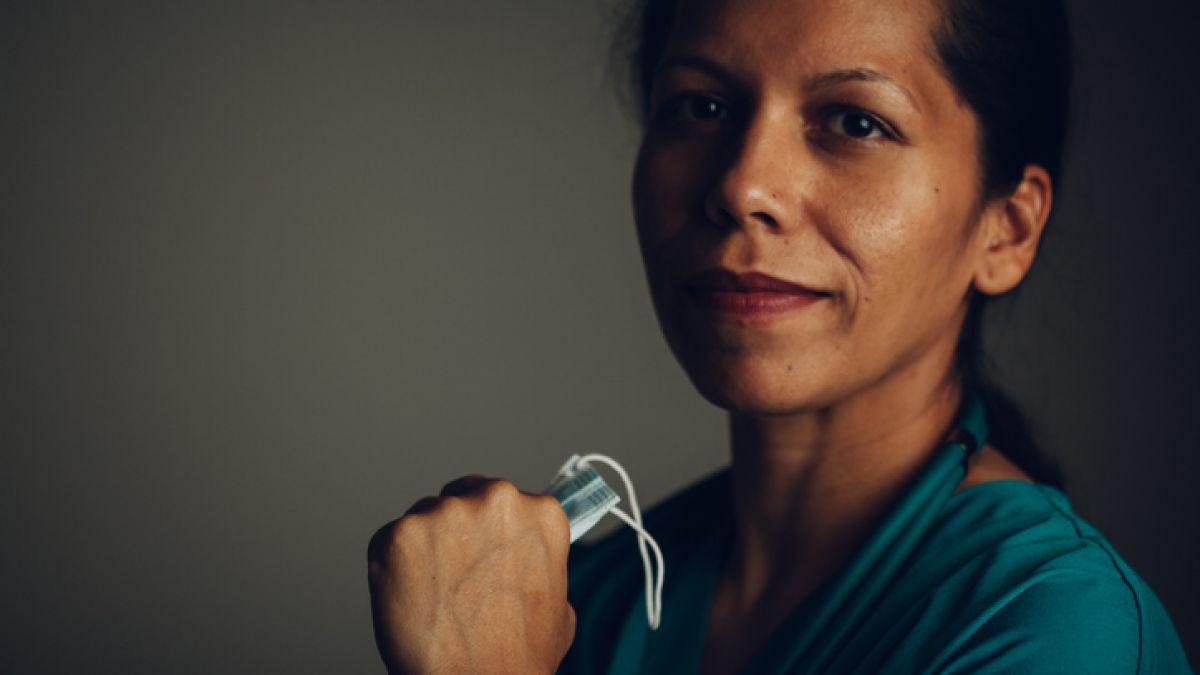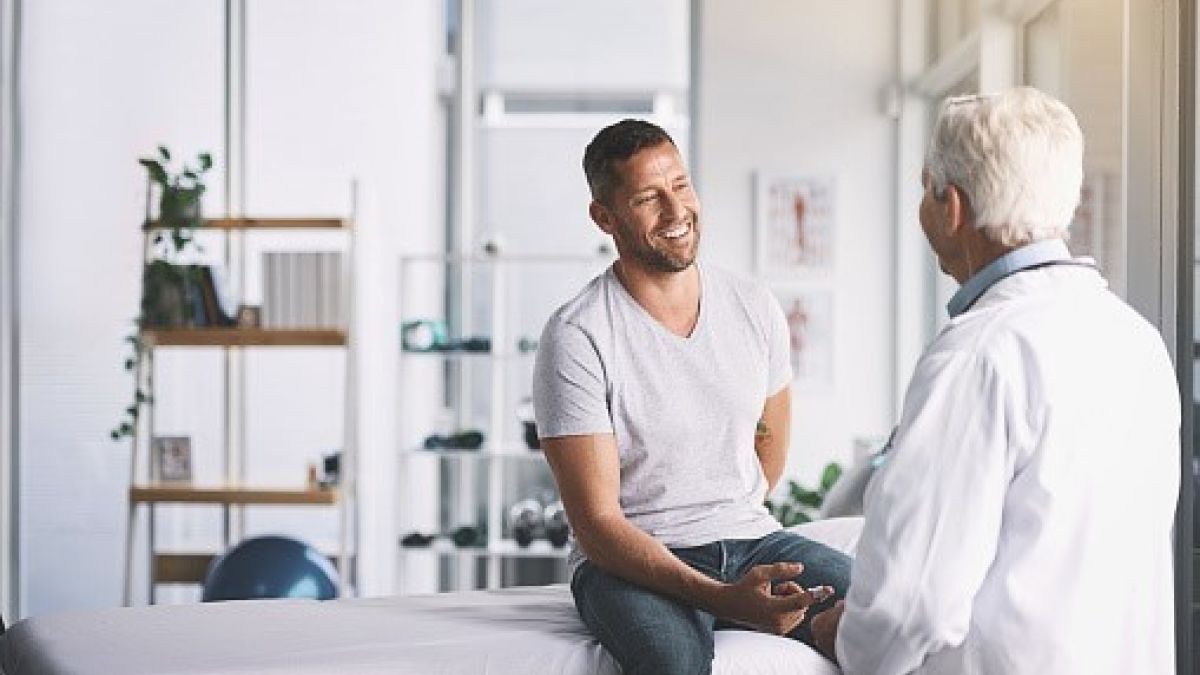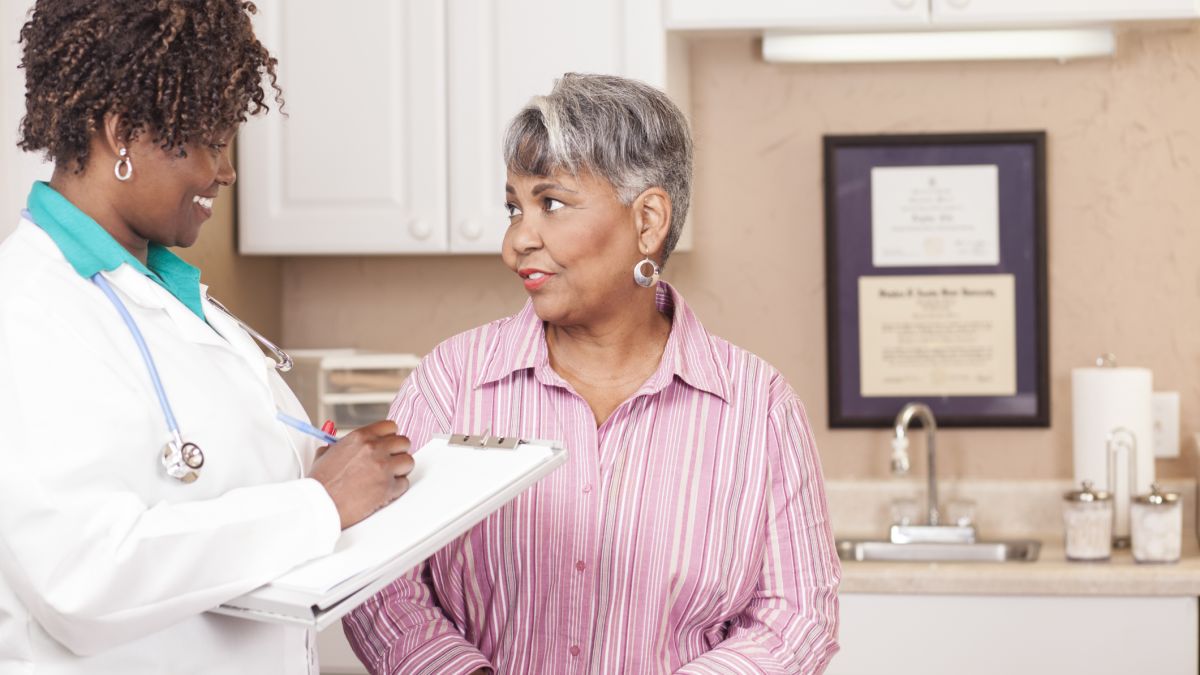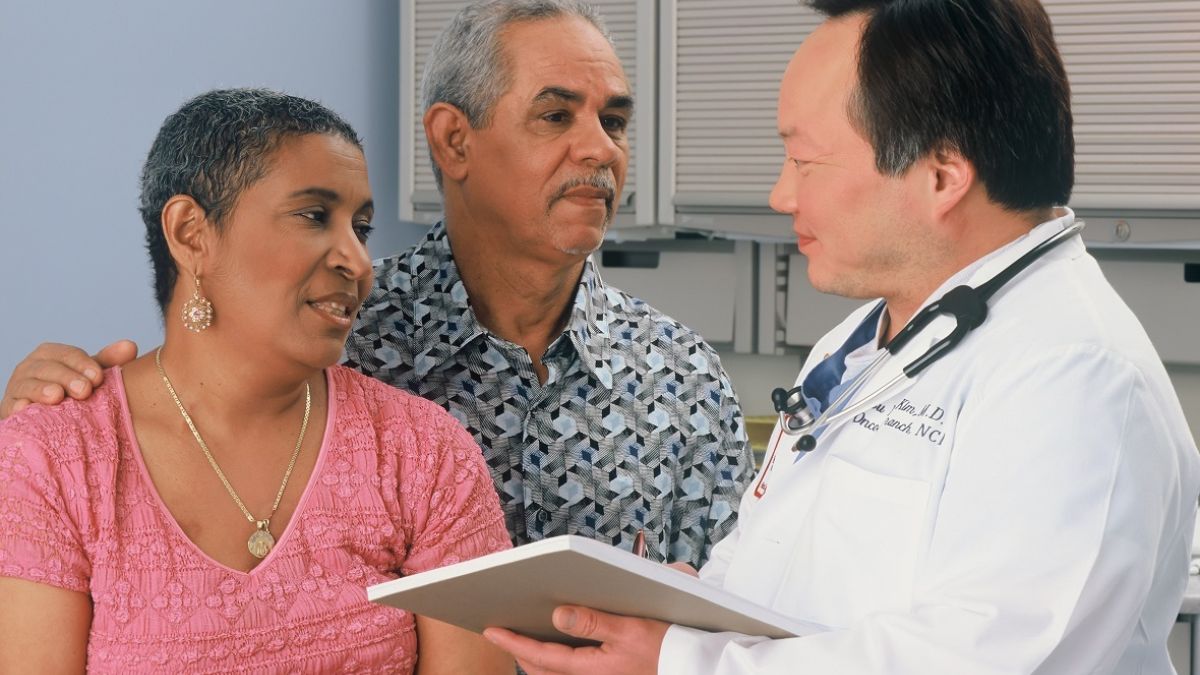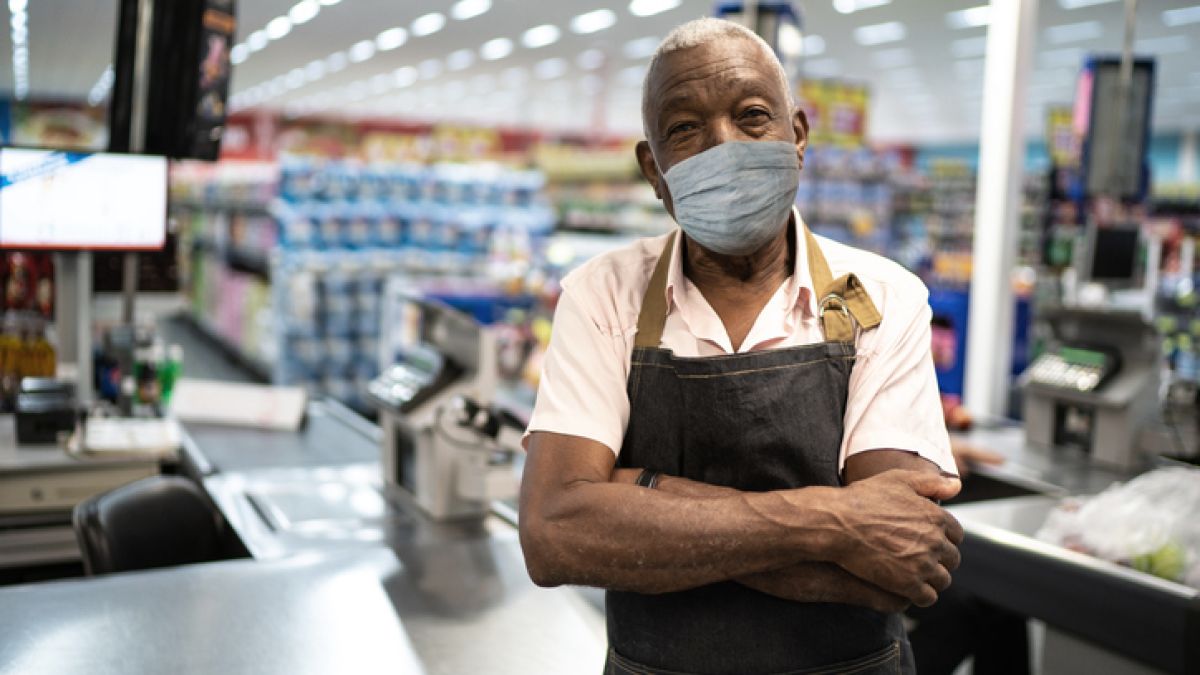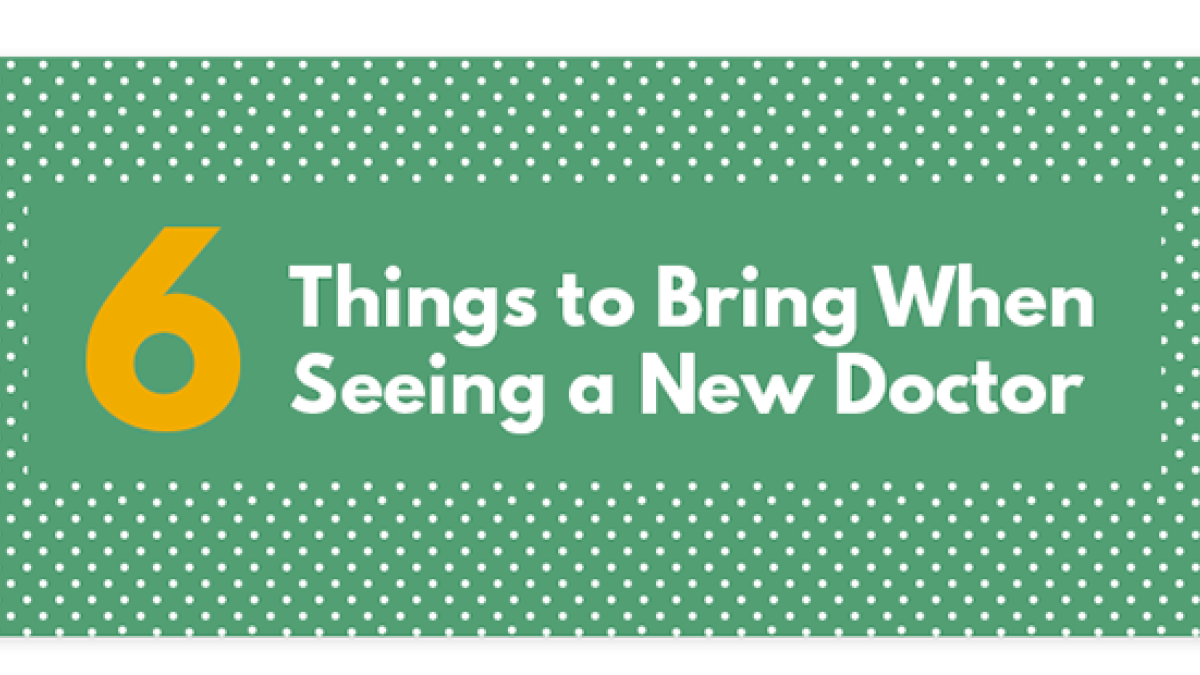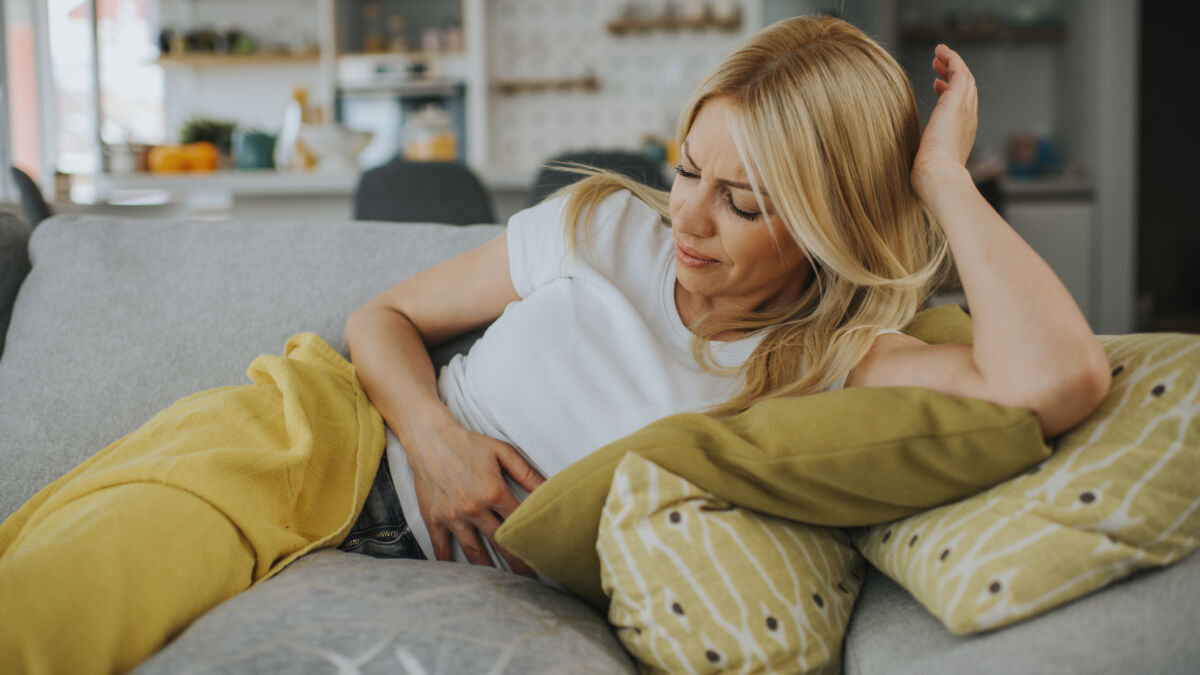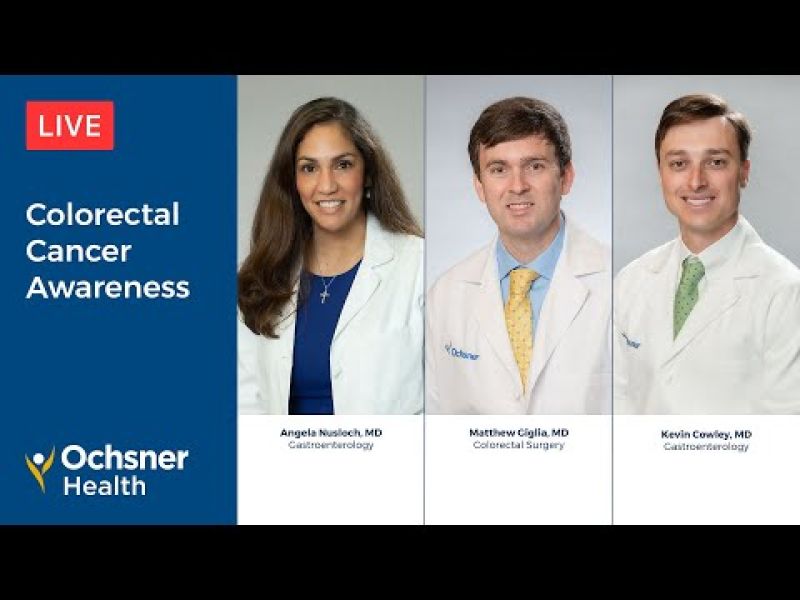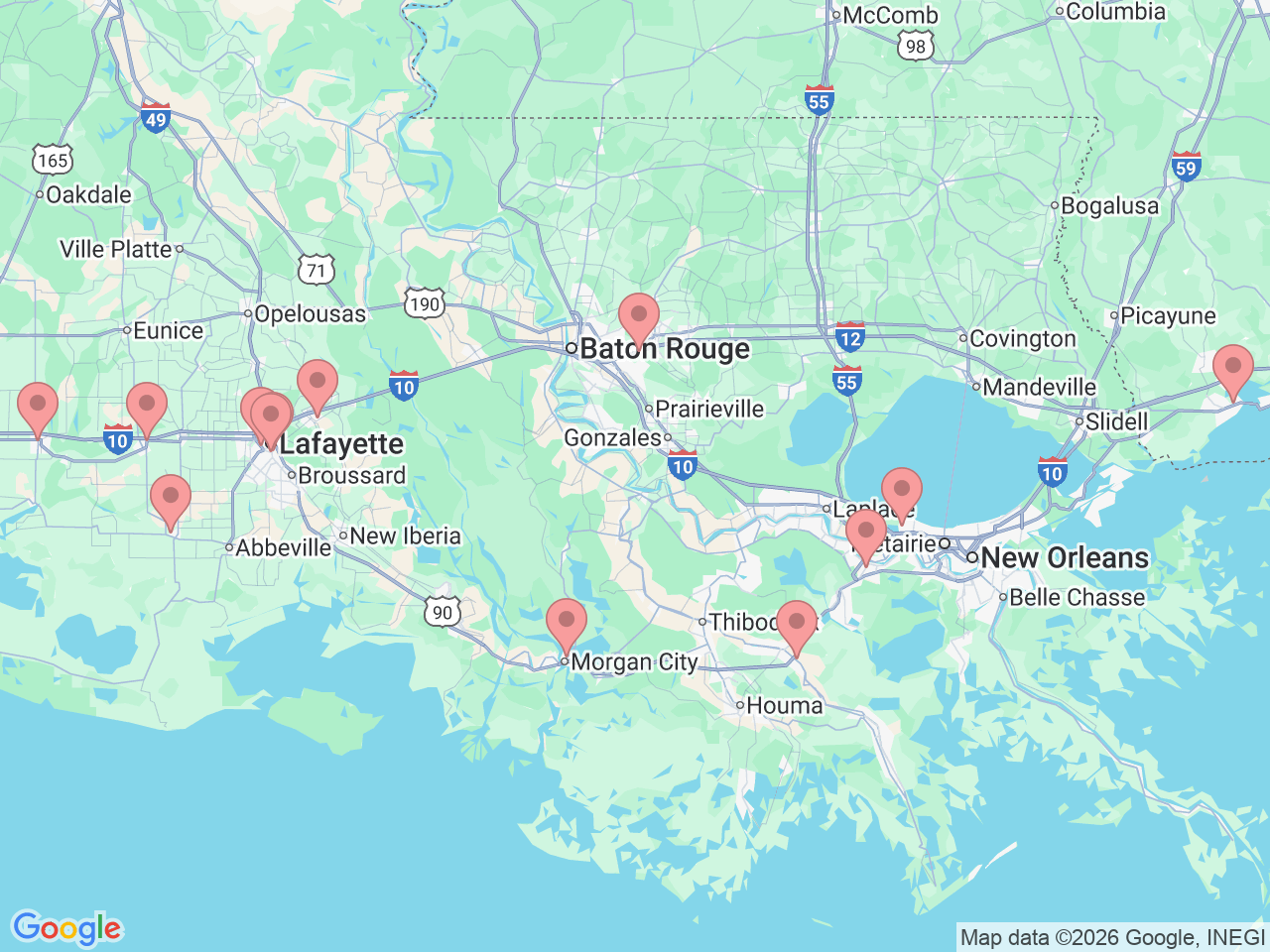Why choose Ochsner Health for your colonoscopy?
At Ochsner Health, our expert team of gastrointestinal specialists performs colonoscopy screenings in New Orleans, Kenner, Luling, Baton Rouge, Raceland, Morgan City, Lafayette, Kaplan, Crowley, Jennings and Breaux Bridge, Louisiana and Bay St. Louis, Mississippi.
In the greater New Orleans area, we use advanced AI-assisted colonoscopy technology to improve polyp detection and catch potential signs of colorectal cancer early.
Our team, which includes anesthetists, nurses, technologists and board-certified gastroenterologists, will guide you every step of the way — from preparation before your procedure to a smooth recovery afterward.
We work closely with Ochsner primary care, gastroenterology and oncology specialists to provide seamless, coordinated care tailored to your needs.




